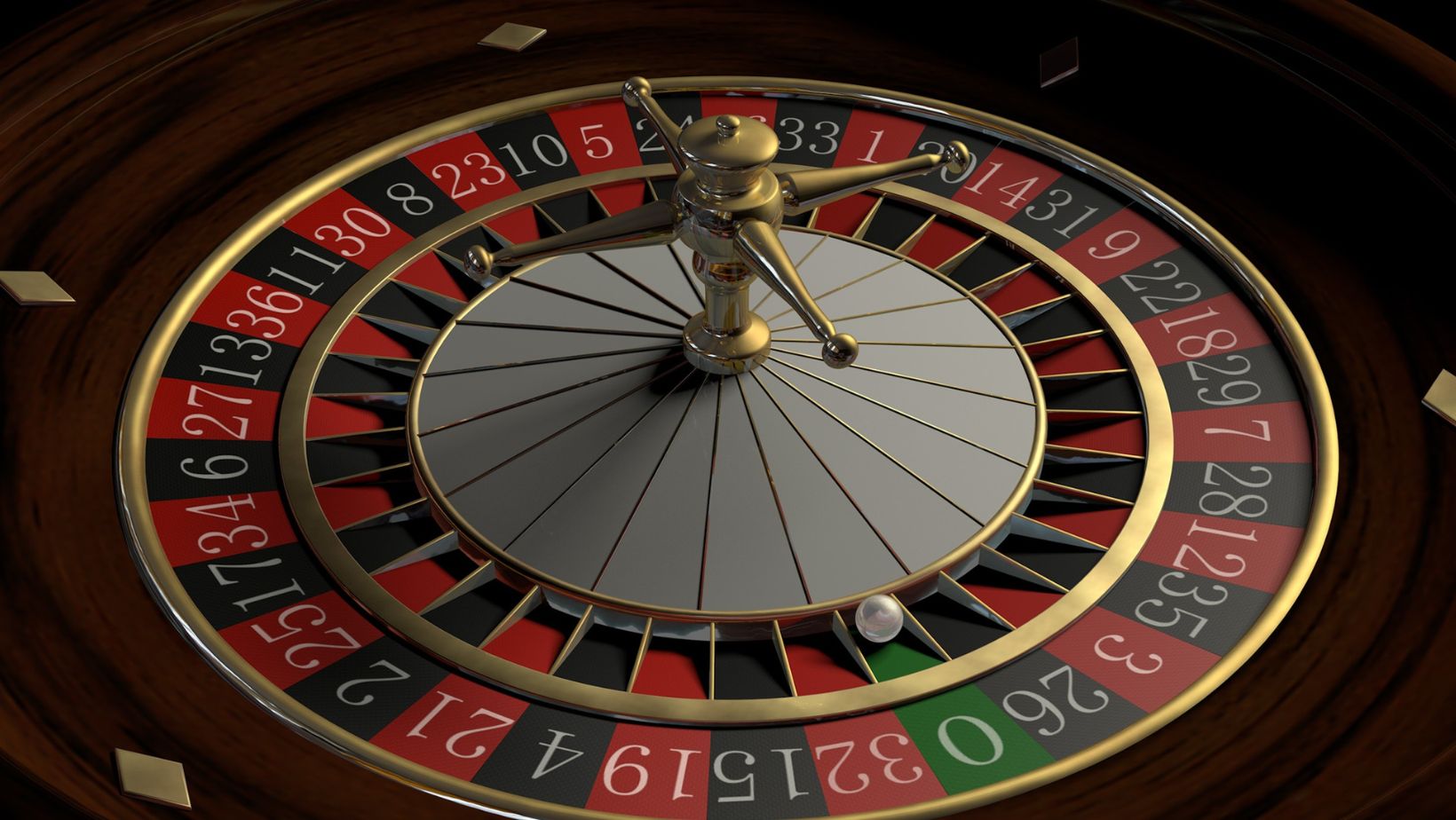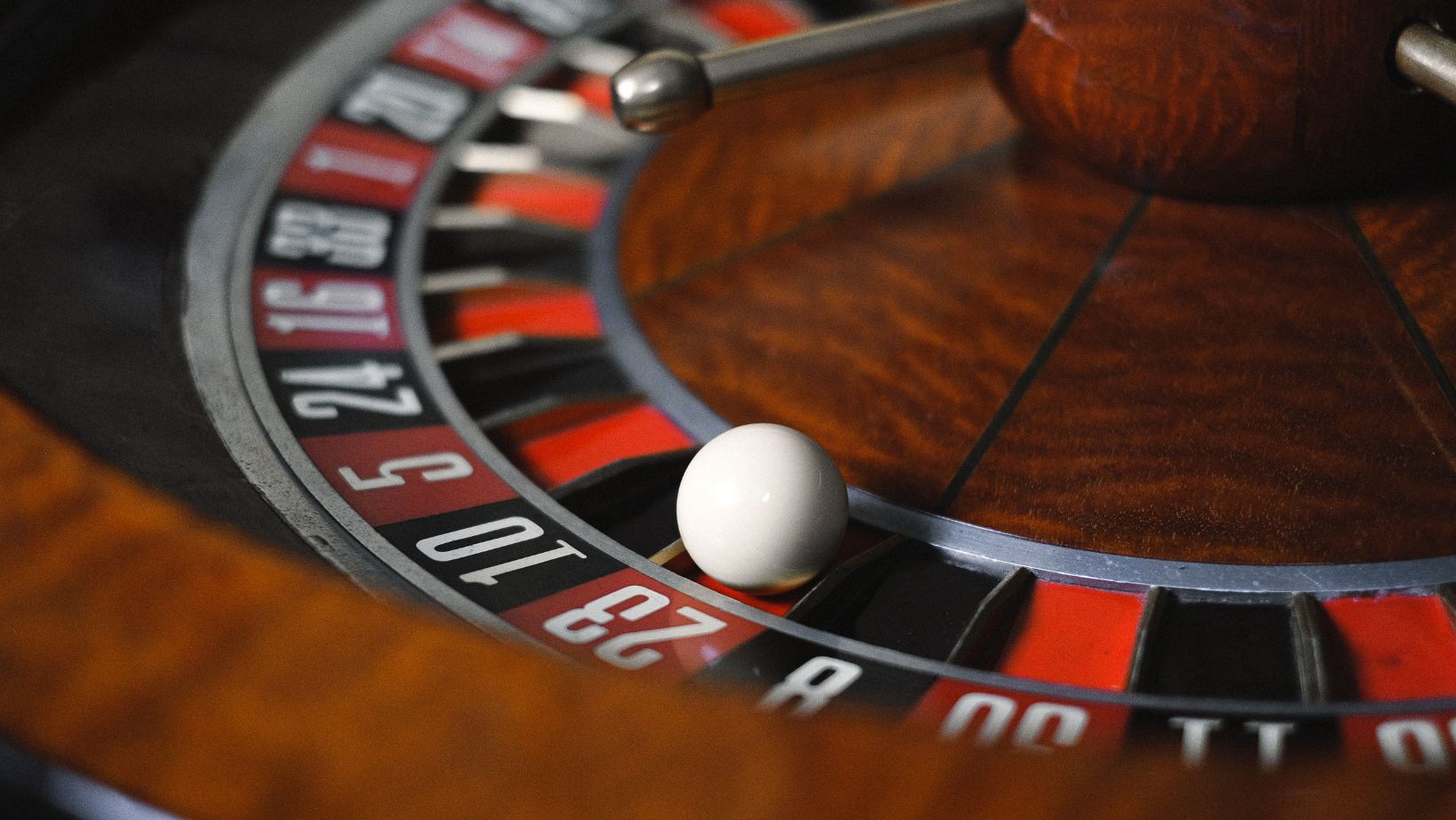
Comprehending Game Mechanics
Algorithms and systems meant to guarantee fairness and unpredictability run at the foundation of many digital games. Every round is based on a Random Number Generator (RNG), hence the result of one spin is totally independent of the next one. RNGs create a series of numbers corresponding to particular results. Consequently, in theory the number of spins has no influence on the likelihood of landing a win in any one round. Every round is unique, hence the chances remain the same independent of the frequency of game play.
Though the RNG assures randomness on every spin, many players still feel that their odds of winning increase with increasing length of play or number of spins they perform. This view results from misinterpretation of the statistical character of digital gaming, which is based on probability instead of total effort.
Payload And Probability
The frequency with which a game will pay out depends much on probability. The design of the game uses a fixed percentage, sometimes referred to as the Return to Player (RTP), which approximates the total amount of money the game will probably pay back over an extended period. For every $100 spent on a game with an RTP of 96%, for instance, the game is meant to eventually return $96 to players. Crucially, this proportion is computed over millions of spins, so short-term play will not always coincide with this value.
While reserving more payments for unusual events, many digital gambling platforms are built to provide sporadic smaller winnings to keep players involved. This method gives the impression that a player is closer to a large win the more spins they do. Actually, though, every spin is independent and the result of one spin stays the same regardless of the next one, that is, whether the first spin or the 100th.
The Function Of Features And Game Design
Beyond simple mechanics, contemporary digital games incorporate interactive aspects that can affect payment possibilities, bonus rounds, and special symbols among other things. When activated, these characteristics improve your whole experience and reward possibilities rather than necessarily raise your odds with additional spins.
Certain games feature progressive components whereby a portion of every bet goes into a communal pool, therefore augmenting the possible winnings as more people participate with the slot pragmatic game. Although playing more seems like it boosts your chances of striking this jackpot, it still depends on randomness and probability; the amount of spins by themselves does not define whether you will win.
Myth Of The “Hot” And “Cold” Streaks
Among gamers, another prevalent assumption is about “hot” and “cold” streaks. Some players believe that following a run of losses they are “due” for a win or that a game will go “cold” following several strong rounds. This is a classic case of the gambler’s fallacy that people believe past events will affect future outcomes. In fact, though, every round is totally independent.
Digital game RNG guarantees no streaks, either hot or cold, therefore guaranteeing their absence. One spin does not determine the result of the next; thus, the number of consecutive wins or losses has no bearing on the likelihood of what follows.
Variance: Its Effects
Variance also called volatility is another crucial element to take into account when debating payout frequency. Variance in a game is its anticipated payout frequency as well as the size of those payments. While high-variance games give higher payouts but less often, low-variance games pay out lesser amounts more frequently.
Although these fundamental physics are not influenced by spin count, your game of choice can. A low-variance game would be more suited to your approach if you want frequent, though modest, payouts. Conversely, a high-variance game could be more enticing if your goal is bigger rewards and you are ready to go without any wins over extended durations.
The important lesson is that payout dynamics are more influenced by variance than by spin count. Knowing the unpredictability of the game you are playing will help you create reasonable expectations for future wins, frequency and amount.
Psychological Considerations: Why Do More Spins Feel Significant?
Many gamers believe they are closer to a sizable payoff the more spins they take or the longer they play. This is sometimes the result of the psychological idea of the “near miss” influence. Players become excited and feel as though they might be close to a win when they almost land a large payoff. Actually, the result is still random; many games purposefully use near-miss as a means of motivating ongoing play.
Moreover, the more engaged you become in the game the more likely your efforts will pay off. Games also employ this other psychological ploy to keep players interested: Nevertheless, the result is the same regardless of these emotions: the number of spins has no bearing on the payback of the game.
Responsible Play And Restricted Behavior
Your odds of winning are not affected by the amount of spins, hence you should approach digital gambling sensibly. Knowing that every spin is an autonomous event helps avoid the mindset of chasing losses or thinking a win is “due” following a protracted run of defeats. Clearly define your playing range and steer clear of the temptation of believing that longer play would always produce greater results.
Remembering that digital games are meant for fun also helps one to see any possible gains as an additional bonus rather than the main objective.














